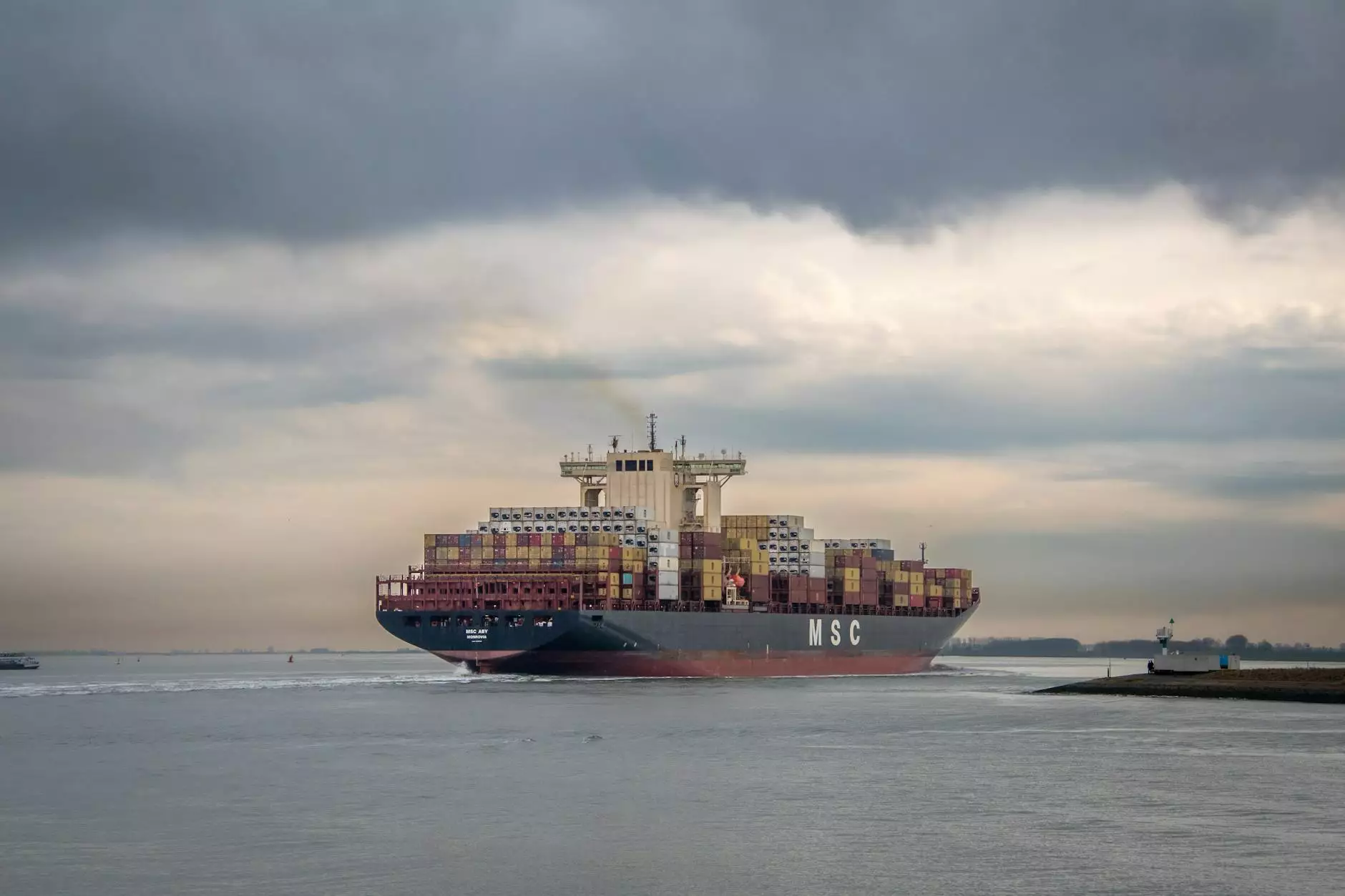The Rise of Frozen Chicken Exporters: Understanding the Market Dynamics

In recent years, the demand for frozen chicken has surged significantly across the globe. This trend highlights the pivotal role of frozen chicken exporters in fulfilling the dietary needs of various populations while adhering to stringent quality and safety standards. For businesses and consumers alike, understanding this market is crucial. Let's explore the realm of frozen chicken exports, especially focusing on Brazilian poultry exporters and the dynamics of purchasing chicken in bulk.
The Role of Frozen Chicken Exporters in the Global Market
The global poultry market has evolved dramatically, with frozen chicken exporters becoming key players in supplying chicken meat to international markets. These exporters not only provide a reliable source for poultry but also ensure that their products meet specific health and safety regulations. The following are fundamental aspects of their role:
- Quality Assurance: Compliance with health regulations ensures the chicken is safe for consumption.
- Global Reach: Exporters connect regional producers with international markets, facilitating trade.
- Variety of Products: They offer a range of products, including whole chickens, parts, and value-added chicken items.
The significance of this sector cannot be overstated. As more countries adopt healthier eating habits and diversify their protein sources, the frozen chicken export industry is set for remarkable growth.
Why Choose Brazilian Poultry Exporters?
Brazil stands out as one of the world's leading producers and exporters of frozen chicken. The country has established a fierce reputation for its high-quality poultry products, which can be attributed to several factors:
1. Ideal Climate for Poultry Farming
Brazil's diverse climate and vast agricultural land make it an ideal location for poultry production. The country's ability to maintain high biosecurity standards ensures that diseases are minimized, leading to healthier chickens and higher-quality meat.
2. Advanced Farming Techniques
Brazilian exporters utilize cutting-edge farming techniques that improve feed efficiency and enhance chicken growth rates. These technological advancements contribute significantly to the production of leaner and healthier chicken products, compliant with international standards.
3. Strong Export Infrastructure
The presence of advanced infrastructure, including efficient transportation networks and state-of-the-art processing plants, enables Brazilian frozen chicken exporters to swiftly deliver products to global markets. This logistical efficiency is crucial for maintaining the freshness and quality of the frozen chicken.
Understanding Chicken in Bulk Purchases
Purchasing chicken in bulk has become a popular option for various stakeholders—be it restaurants, grocery chains, or food service companies. The benefits of bulk buying extend far beyond mere economics. Below are some key advantages:
1. Cost-Effectiveness
One of the primary benefits of buying frozen chicken in bulk is the potential for cost savings. Producers often provide discounts for larger orders, which can significantly reduce the expense per kilogram and improve profit margins for businesses.
2. Consistent Supply
With bulk purchases, businesses can ensure a consistent supply of chicken to meet their customer demand throughout the year. This reliability is crucial in maintaining menu items and avoiding shortages that could detract from customer satisfaction.
3. Reduced Waste
Buying in bulk allows businesses to manage their inventory more effectively. By receiving large quantities at once, companies can plan their usage better and reduce the likelihood of spoilage, thereby minimizing waste.
Quality Control and Safety Standards
Quality control is paramount for frozen chicken exporters. The stakeholders in this industry commit to rigorous safety and quality standards to ensure that chicken products are not only safe to consume but also provide the best taste and texture. Some key practices include:
- HACCP Compliance: Exporters implement Hazard Analysis Critical Control Point (HACCP) systems to identify and manage food safety risks.
- Regular Testing: Continuous monitoring and testing of chicken products for pathogens and contaminants.
- Certification: Obtaining certifications from international organizations that endorse high quality and safety standards.
Such rigorous quality assurance practices reassure customers about the safety and quality of their poultry purchases.
Market Trends Influencing Frozen Chicken Exports
The frozen chicken export market is influenced by a variety of factors, including changing consumer preferences, economic conditions, and international trade agreements. Being aware of these trends helps businesses navigate the complexities of the global market effectively.
- Health Consciousness: As consumers become more health-conscious, there’s an increasing preference for lean proteins like chicken over red meats.
- Ethical Sourcing: More consumers are demanding ethically sourced products, leading exporters to adopt better animal welfare practices.
- Sustainable Practices: Environmental concerns are prompting exporters to implement more sustainable farming and production methods.
Conclusion: Embracing the Future with Frozen Chicken Exporters
As the demand for quality chicken continues to rise, frozen chicken exporters like those in Brazil are well-positioned to dominate the global market. By offering high-quality products, ensuring adherence to safety and quality standards, and understanding the dynamics of bulk purchasing, these exporters provide a crucial service in the food supply chain.
The future looks bright for frozen chicken exports, with innovations in farming practices and logistics paving the way for increased market penetration. As we adopt healthier eating habits globally, it’s essential for businesses to harness the advantages offered by reputable frozen chicken exporters to stay ahead in the competitive food industry.









